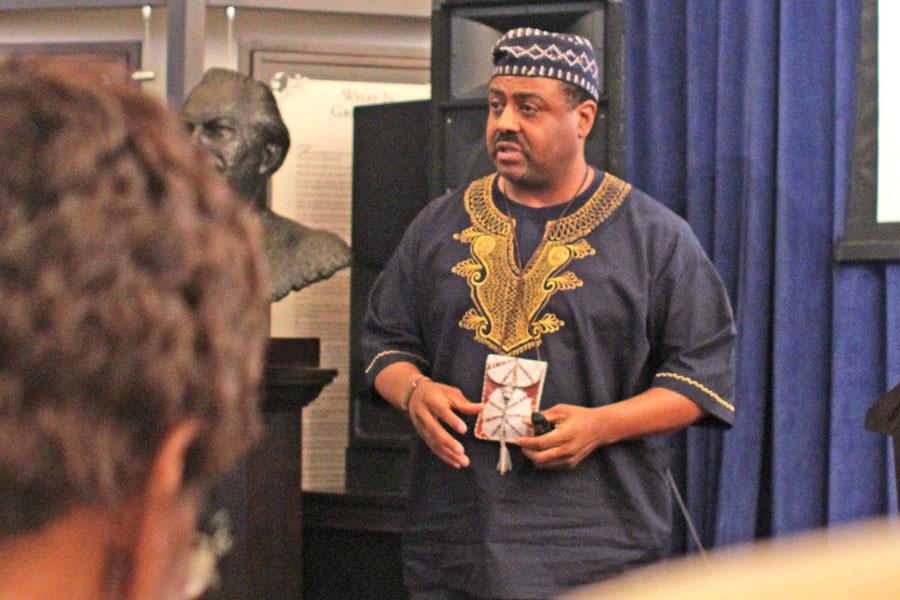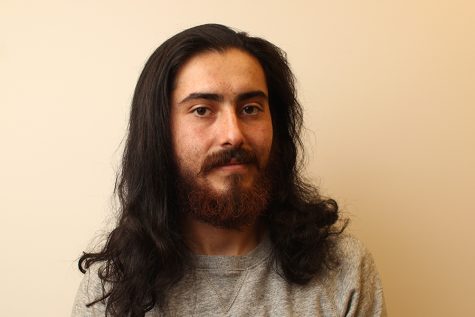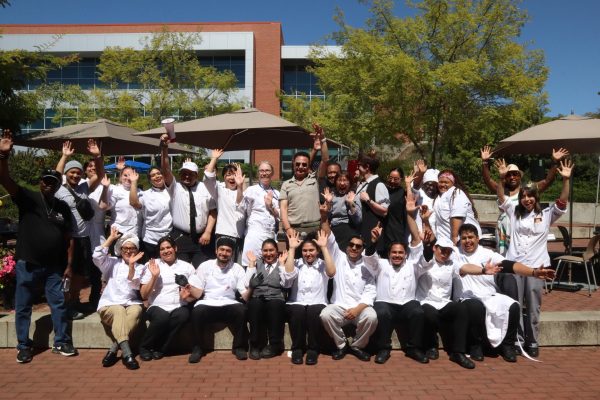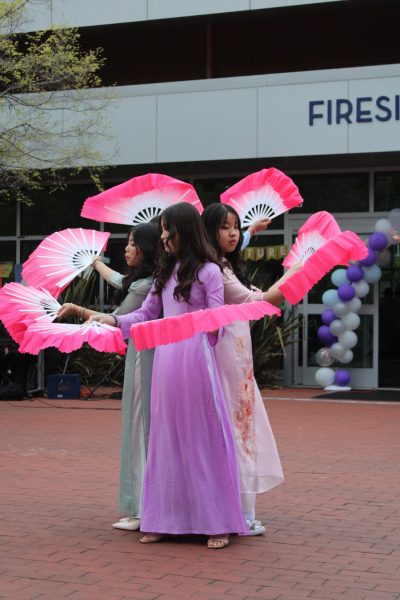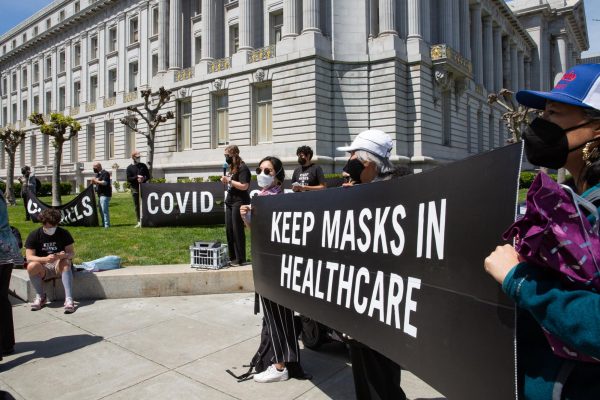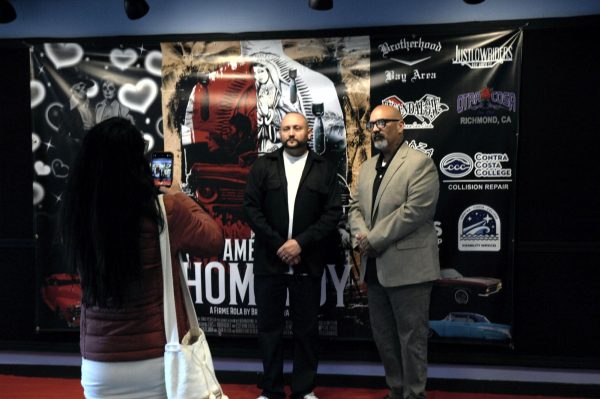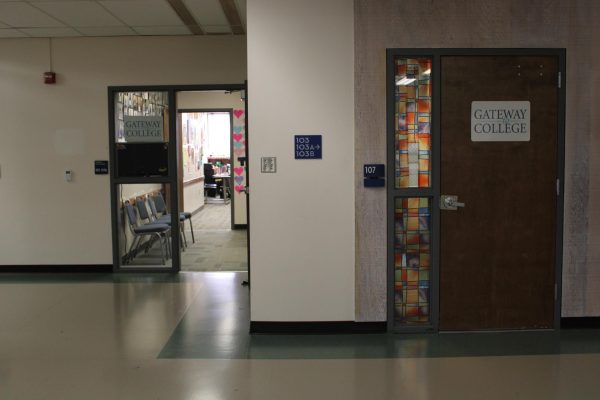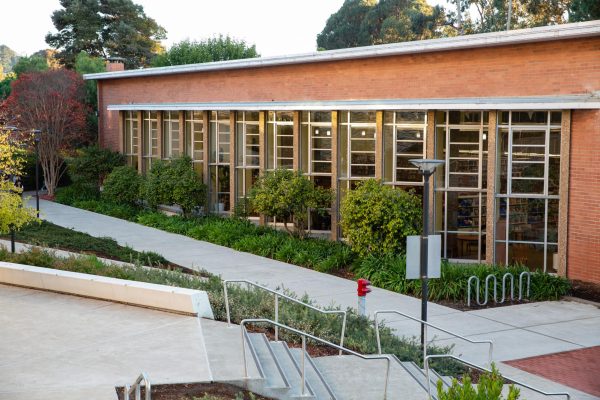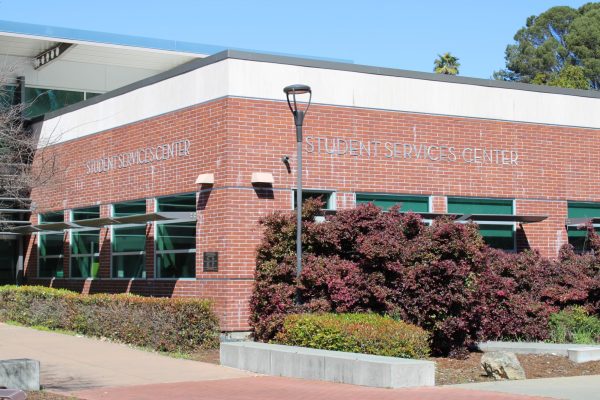Works of King transcend dream
Human, civil rights activist worked toward a better future for underprivileged people of all ethnicities
January 27, 2015
SAN FRANCISCO — Dr. Martin Luther King Jr. is remembered as a dreamer, but the evolution of his political activism, which moved beyond civil rights for African-Americans, has been obscured in modern society.
So said Contra Costa College history professor Manu Ampim in a presentation about Dr. King switching focus from civil rights to human rights during the final years of his life.
“The greatest political leader and educator of the 20th century has been reduced to a dreamer for civil rights when his work encompassed much more than that.”
Ampim presented evidence that King’s message of equal rights on a global scale accelerated his assassination.
While members of the church scrambled to fix the malfunctioning laptop, 30 people waited for Ampim to speak inside the Church of Scientology at 701 Montgomery Street in San Francisco on Jan. 19 at 2 p.m.
Many of those who were in the audience are enrolled at CCC. They made the trip to the city to get extra credit for Ampim’s history classes but left with a new perspective of King.
CCC student Alejandro Romero, a physics major, said, “The media does not tell the full background. As a society, we concentrate on King’s dream for civil rights but I didn’t know late in his life he pushed for human rights.”
Human rights are the basic rights and freedoms to which all human beings are entitled such as the right of life, liberty, freedom of thought and expression, and equality before the law.
Ampim reached the crux of his argument when he said MLK transitioned from civil rights to advocating for human rights in 1966. He argues this change of focus marked him as a national threat by the Federal Bureau of Investigation (FBI).
King’s most controversial, speech is, “Beyond Vietnam: A Time to Break Silence.” He gave the speech exactly one year before his assassination on April 4, 1968.
“King knew that when he gave this speech his days were numbered,” Ampim said. “In this speech (King) supported the people of Vietnam and their armed struggle against the United States. (King) was not a pacifist.”
He proposed changes that could be made surrounding the MLK holiday that would change the public’s perception of King.
The first change would be to move the holiday from January to April to be more associated with the anniversary of his assassination. Ampim said doing this would bring more attention to his life work and why he was killed.
The Director of United for Human Rights Linda Lagemann organized and hosted the event. Besides Ampim, speakers included poet Kinara Sankofa and Bishop Theo Frazier.
Dr. Lagemann said the Church of Scientology funds UHR and did not charge admission to raise awareness of the United Nations Universal Declaration of Human Rights.
“I knew the caliber person (Ampim) is and I knew he had relevant things to say but didn’t know how good it was going to be,” she said. “It helped to emphasize the importance of primary sources and I realized that anything I knew about (King) were little pieces of data packaged by media to give one impression.”
When Ampim was asked if he would give presentations about misinformation surrounding King at the college, he said, “It’s possible. When McKinley Williams (former CCC president) was here I gave a (King) event on campus twice but when he retired that phased out.”
The Alpha Gamma Sigma, the California community college honors society with an active CCC chapter, invited Ampim to speak about King’s transition into advocacy of human rights on Feb. 17 in LA-102 from 5 to 6 p.m.


